BY: CHUCK DEVORE | SEPTEMBER 02, 2022
Read more at https://thefederalist.com/2022/09/02/as-america-self-destructs-with-green-energy-china-preps-for-war-with-coal/

CHUCK DEVORE
VISIT ON TWITTER@CHUCKDEVORE
MORE ARTICLES
On Aug. 25, the California Air Resources Board, the state’s air quality regulator, announced a ban on the sales of new gasoline- and diesel-powered vehicles by 2035. Less than a week later, a heat wave threatened California with seven days of power shortages. So, the state’s grid operator asked electric vehicle owners not to recharge when they come home from work. This is all a painful part of the energy transition, we are told — needed to save the planet.
In its effort to wean itself off fossil fuels, California has found a willing and enthusiastic partner in the People’s Republic of China. Most batteries, solar panels, and wind turbines that make California’s green dreams possible are made in China. California leaders — from former Republican Gov. Arnold Schwarzenegger to former Democratic Gov. Jerry Brown, and current Democratic Gov. Gavin Newsom — have traveled to China to tout their green cooperation with Red China.
The push for electric vehicles (EVs) by California and China raises an intriguing question: Are both sides really weaning themselves off fossil fuels to save the planet and reduce pollution, or might there be an entirely different intention — at least for China?
U.S. climate czar John Kerry, a former senator, former secretary of state, and the Democratic nominee for president in 2004, epitomized American elite opinion when he said on Aug. 30 that China has “generally speaking, outperformed its (climate) commitments” and that the U.S. and China can make a difference for the world by “working together.”
When policymakers and strategists erroneously ascribe to others the same motives that they have themselves, it is called the Mirror-Image Fallacy. Opponents in warfare seek to deceive — the best deception plans are those that show the enemy what the enemy wants to believe. Mirror-Image Fallacy and deception plans can work hand-in-glove.
If China was truly going all-in on EVs to reduce pollution and curb its greenhouse gas emissions, one would expect to see that in its energy consumption profile. Instead, we see something different. Yes, China has been adding wind, solar, and nuclear power, but coal use is also increasing.
From 2010 to 2020, the amount of electricity produced by coal in China rose by 57 percent to 4,775 terawatt hours. From 2010 to 2021 — the latest year available and 2020 having been depressed by the response to Covid-19 — American coal use to generate electricity declined by 52 percent to 899 terawatt hours. U.S. coal power peaked in 2007. China surpassed U.S. coal use in 2006 and never looked back. Today, China generates more than five times the electricity from coal than the U.S., with construction underway or planned in China to build the equivalent of more than the entire operating U.S. coal fleet. By this one action alone, China will wipe out all projected U.S. reductions in greenhouse gas emissions — and then some.
Last year, China consumed 54 percent of the world’s coal. This is the main reason that China emits more greenhouse gasses than all the world’s developed nations combined — which shouldn’t be a shock given that America, Western Europe, and Japan outsourced much of their manufacturing to China over the past 20 years.
Apologists for China’s one-party communist government often cite the fact that China is still a developing nation, with about 200 million Chinese living on $5.50 a day as recently as 2018. It takes energy to be prosperous and prosperous people use energy — lots of it — for cars, air conditioning, heat, air travel, and the internet. Prosperous people, and those who expect to be, don’t typically try to overthrow their governments, either. For the Chinese Communist Party, this is key.
While the Western elite vanguard of the war against climate change sees greenhouse gas emissions as the singular existential threat, the Chinese Communist Party sees greenhouse gas emissions as the necessary byproduct of wealth, power, military might — and compliant subjects.
Were China’s leaders interested in growing their economy while improving air quality and holding the line on carbon dioxide emissions, they’d turn from coal to natural gas. If China expected to be an honest participant in the post-World War II liberal order, then it would have no qualms about increasing its dependence on natural gas.
But China has scant natural gas reserves, and the nearest large exporter, Russia, has built most of its pipeline capacity to serve Europe — which it is now cutting off, showing the danger of relying on foreign suppliers. Other major exporters in the Pacific include the U.S., Australia, and Indonesia, but China’s aggressive foreign policies have alienated these nations. Qatar has significantly increased its liquified natural gas exports to China, but these shipments are vulnerable to interdiction in the event of a conflict — it’s doubtful that much in the way of Chinese imports would make it past the Straits of Malacca.
This last point leads to a final, stunning, and very troubling conclusion. For years, strategists have assumed that China would never start a conflict that would deliberately involve America as an enemy because China imports some 72 percent of its oil, with about 85 percent of that imported oil transiting the Straits of Malacca.
But what if our policy experts have gotten China’s energy strategy all wrong? What if their efforts to reduce their reliance on oil had nothing to do with the environment and everything to do with energy security — with being able to fight a war indefinitely while being blockaded?
In 2019, 45 percent of the oil used in the U.S. was refined into gasoline for cars. Another 29 percent was made into diesel and jet fuel — applications less immediately replaceable by batteries since hydrocarbon fuels have about 100 times the energy density of lithium-ion batteries — one of the reasons why long-haul trucking and commercial jets aren’t likely to be electric anytime soon.
China is well into a program to go electric with respect to passenger vehicles. In China, this practically means that EVs are mostly coal-powered. That still leaves more oil demand than China’s modest domestic oil production can handle, risking the depletion of China’s reputed billion-barrel strategic petroleum reserve in 200 days or so.
Of course, with the onset of Covid-19, China perfected complete control of its population, shutting down travel at will and confining people to their homes. But a war can’t be won on lockdown, and people get restless. Here’s where China’s hidden ace in the hole comes in: coal gasification.
With a technology that matured in the 1920s, Germany under Hitler invested heavily in coal gasification to make gasoline and other fuels — Germany has a lot of coal and very little oil. On the eve of war in 1938, Germany produced just under 10 percent of its oil needs from domestic crude while importing 60 percent from overseas and about 8 percent from overland routes within Europe. The remaining 20 percent of Germany’s need was answered by converting coal to liquid fuels. By 1943, German synthetic fuel production had more than tripled to 42 million barrels annually.
In the 1940s, German synthetic oil was up to 20 times more costly than abundant American crude oil. But wartime necessities required its production. Today, deriving synthetic fuel from coal is about half of the cost of oil at $90 a barrel — but the process to manufacture it produces about double the greenhouse gas emissions by simply refining crude oil into fuels. Simply put, it’s cost-effective but bad for the climate — and China is investing heavily in it to reduce its reliance on imported oil.
A holistic look at China’s energy sector indicates a nation concerned only with energy security and not at all concerned with climate change. That has grave consequences for America’s ability to deter China from an ambitious campaign of military aggression.
Chuck DeVore is Chief National Initiatives Officer at the Texas Public Policy Foundation, a former California legislator, special assistant for foreign affairs in the Reagan-era Pentagon, and a lieutenant colonel in the U.S. Army (retired) Reserve. He’s the author of two books, “The Texas Model: Prosperity in the Lone Star State and Lessons for America,” and “China Attacks,” a novel.


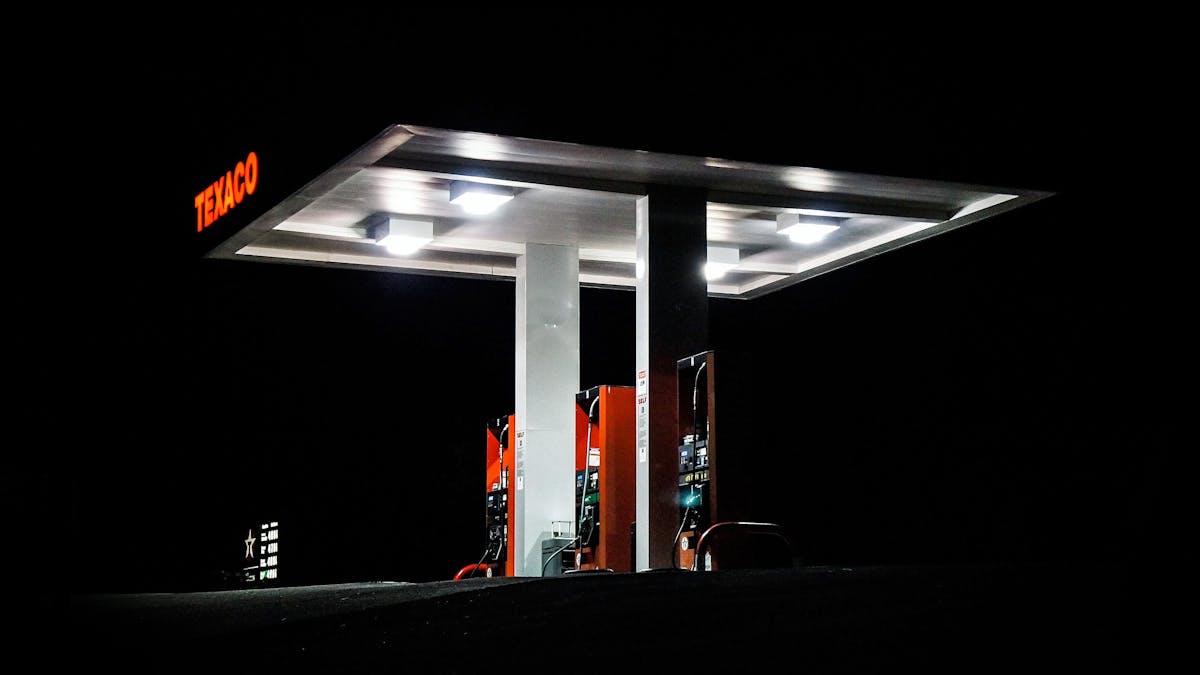
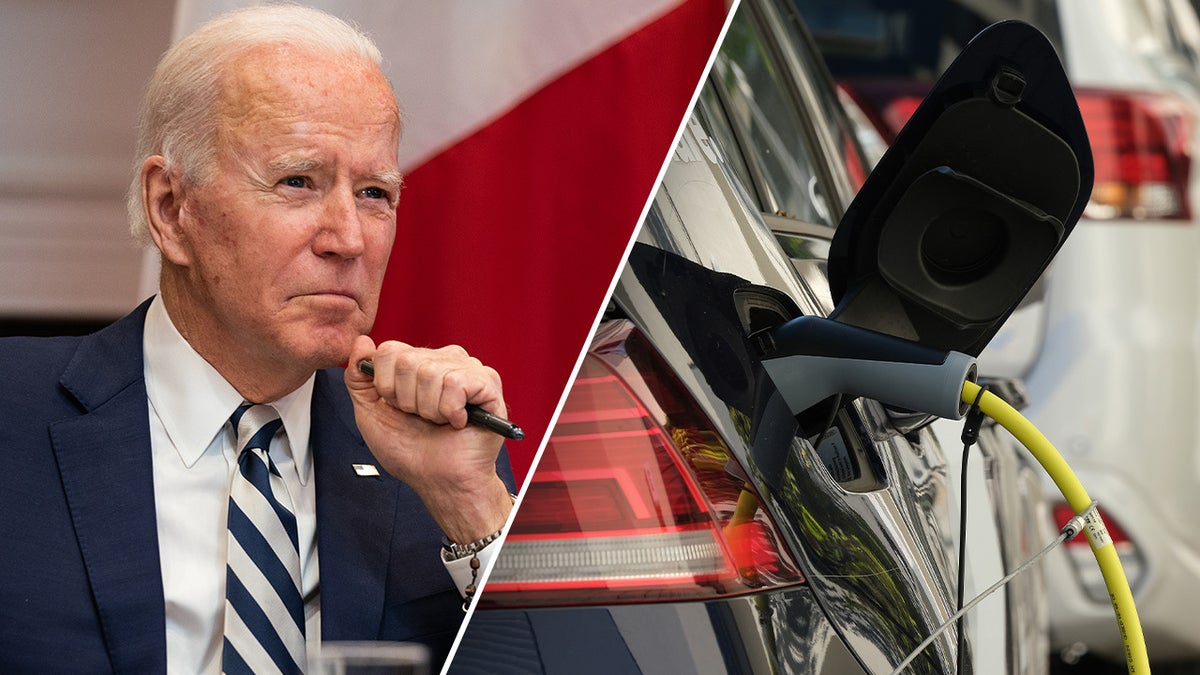
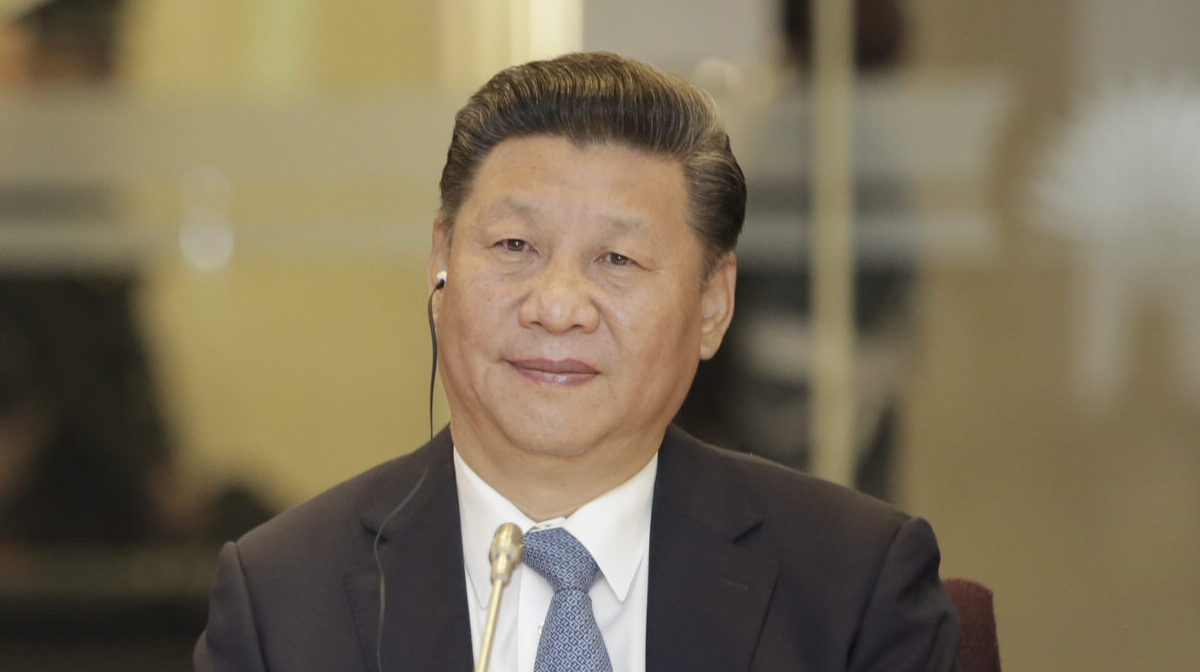



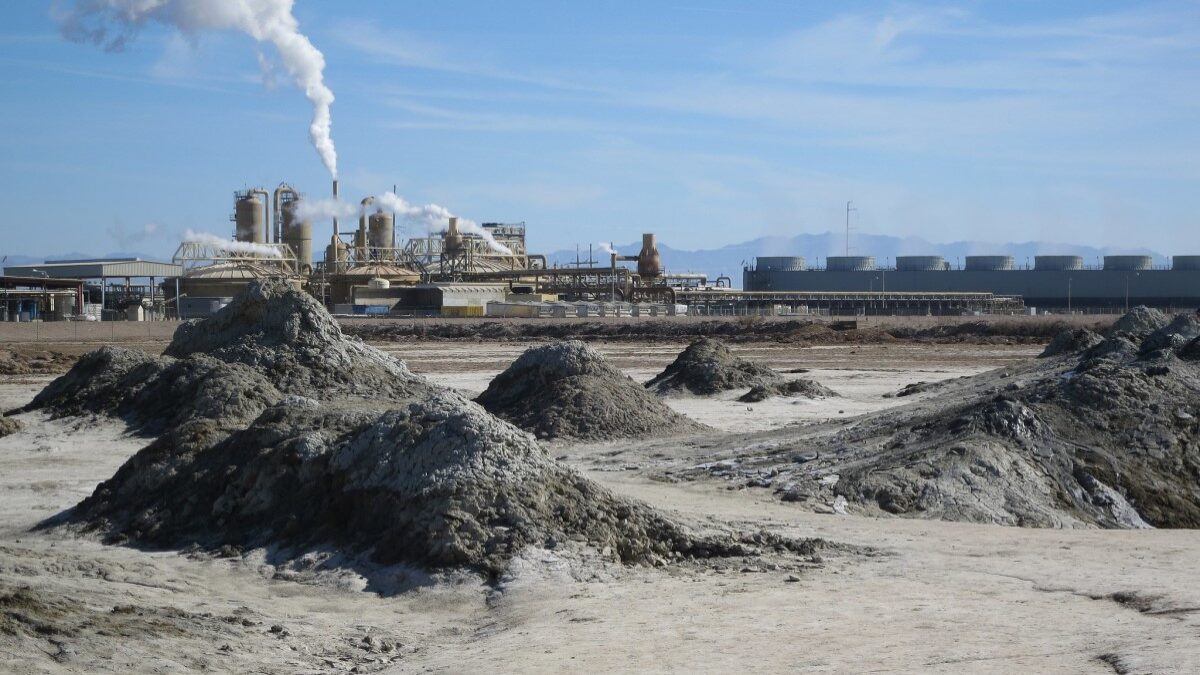



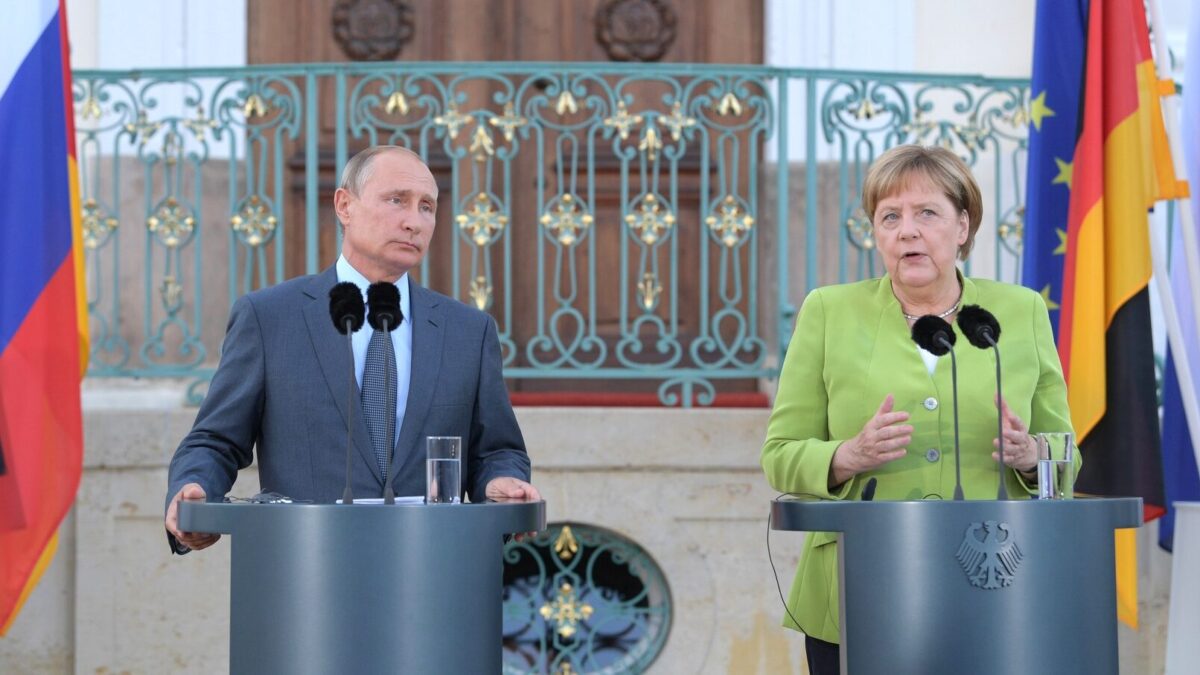
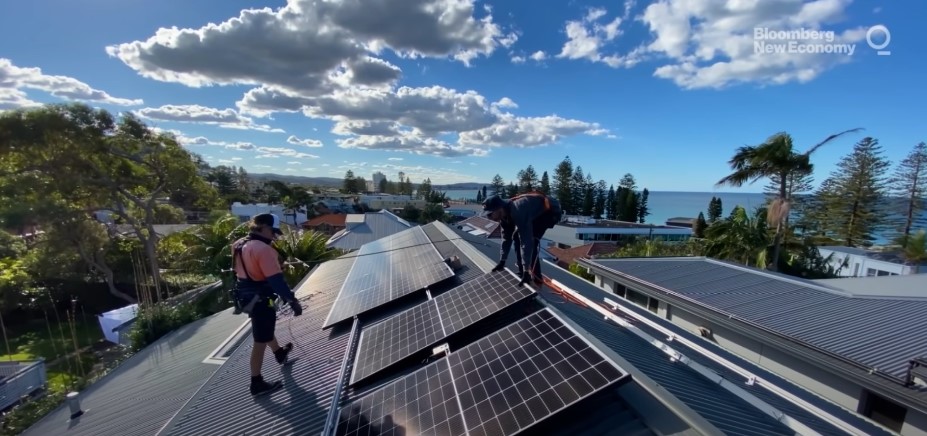











You must be logged in to post a comment.